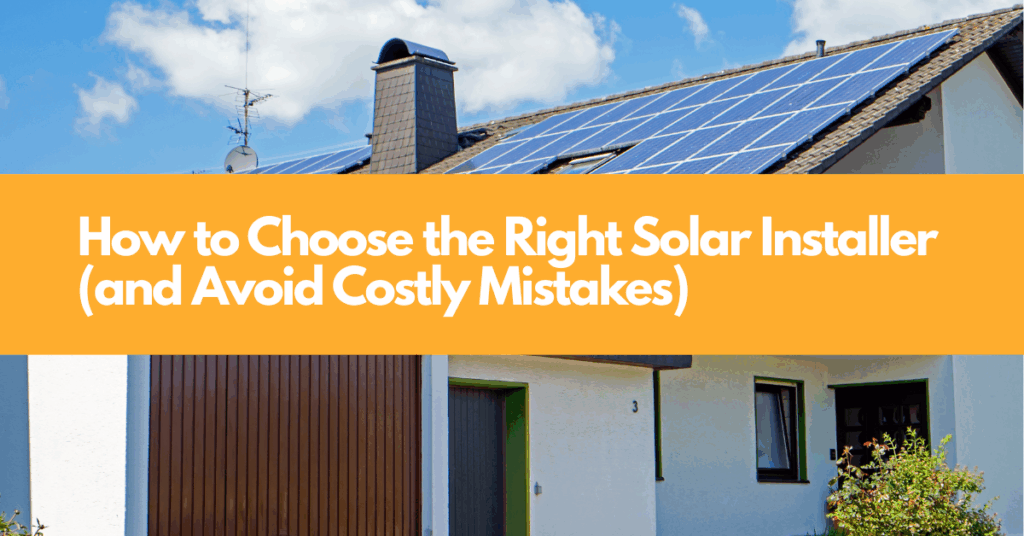1. Check for Accreditation and Compliance
South Africa has strict guidelines for solar installations, including wiring standards, inverter connections, and safety protocols.
When choosing an installer, ask:
- Are they registered with the Department of Labour and accredited as a wireman or electrician?
- Do they issue a Certificate of Compliance (CoC) after installation?
- Are they familiar with SANS regulations and municipal requirements?
Tip: No CoC = no insurance cover if something goes wrong.
2. Ask About Experience and References
Solar is a specialised field – not just “wiring up panels.”
Ask your installer:
- How many installations have they completed?
- Can they share photos, videos, or case studies of recent projects?
- Do they have clients you can contact for honest feedback?
A professional won’t hesitate to showcase their work or connect you with satisfied customers.
3. Beware of Unrealistically Low Prices
If one quote is significantly lower than others, be cautious.
Cheap prices often mean:
- Inferior or counterfeit components
- Incorrect cable sizing and unsafe breakers
- No surge protection
- Under-sized systems that can’t handle your needs
Remember – the real cost of a bad installation is not the price you pay upfront… it’s the damage, replacements, and lost power later.
4. Confirm the Warranties
Reputable installers will use equipment from trusted brands with clear manufacturer warranties:
- Inverters: 5–10 years (extendable in some cases)
- Batteries: 5–10 years (depending on cycles)
- Panels: 12–15 years product warranty & 25-year performance guarantee
If your installer can’t provide written proof of these warranties, walk away.
5. Check Their Insurance and Safety Record
A professional solar installer should carry:
- Public liability insurance (to protect your property during installation)
- Workmen’s compensation (for their staff)
- A proven track record of zero safety incidents
No insurance = you take the risk.
6. Look for After-Sales Support
Solar is a long-term investment. Your installer should be available for:
- System monitoring
- Performance troubleshooting
- Maintenance and firmware updates
The last thing you want is an installer who disappears the moment the job is done.
7. Red Flags to Watch Out For
- No fixed address or website
- No written quote or contract
- A Price that’s too good to be true
- No official training certificates
- Refusal to give a CoC
If you see any of these – move on.
The Bottom Line
Your solar system is only as good as the team that installs it.
Choose an installer with proven experience, full compliance, and a commitment to safety. It’s better to pay a fair price for quality than to save a little now and risk everything later.
When in doubt, remember this:
The sun is maybe free, but the installation shouldn’t be cheap.

